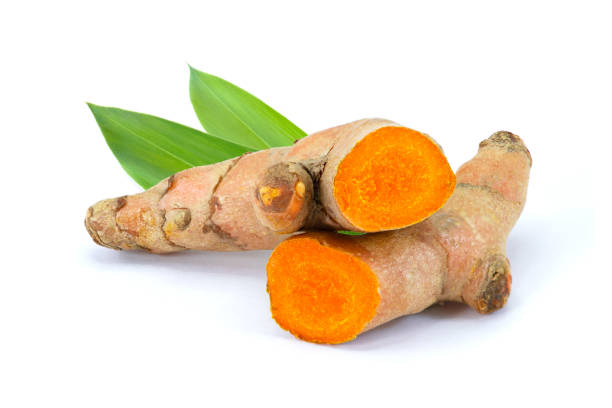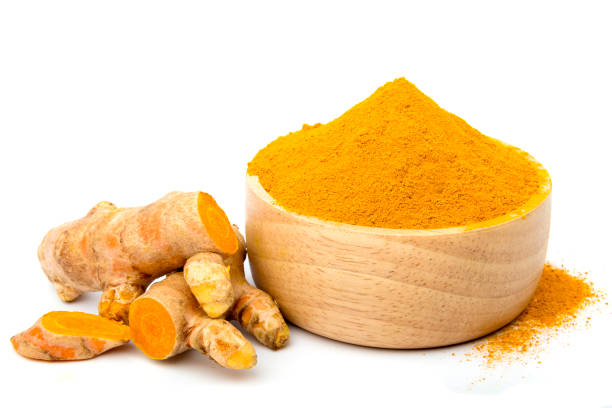Turmeric
Turmeric has lately gained popularity. This deep-yellow spice is a crucial element in curry powder and offers a variety of brain-boosting properties. The key element in turmeric, curcumin, has been demonstrated to pass the blood-brain barrier, which means it may enter the brain and assist the cells there.
Curcumin may assist persons with Alzheimer's disease to enhance their memory. It may also aid in the removal of amyloid plaques, which are a characteristic of this disease. Curcumin increases serotonin and dopamine levels, which both enhance mood. Curcumin has been shown in one study to alleviate symptoms of depression and anxiety when administered in conjunction with usual therapies in persons with depression. Curcumin increases brain-derived neurotrophic factor, a kind of growth hormone that aids in the formation of brain cells. More study is needed to see if it can assist postpone age-related mental deterioration.
Keep in mind that most studies used highly concentrated curcumin supplements in amounts ranging from 500 to 2,000 mg per day, which is far more curcumin than most individuals absorb when eating turmeric as a spice. This is due to the fact that turmeric only contains about 3-6% curcumin. As a consequence, while adding turmeric to your diet may be beneficial, you may need to utilize a curcumin supplement under the supervision of a doctor to get the outcomes observed in these trials.












